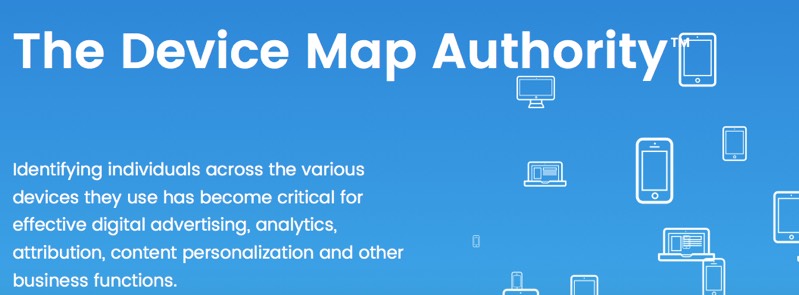 NEWS
NEWS
 NEWS
NEWS
 NEWS
NEWS
Oracle Corp. has acquired Israeli machine-learning Big Data startup Crosswise, Inc.
The price of the acquisition was not officially disclosed but is believed to be $50 million, according to local media.
Founded in 2013, Crosswise provides an authoritative consumer device map to ad tech vendors, consumer brands, and premium publishers.
The company’s platform combines data science, Big Data and machine learning, to identify which PCs, phones, tablets, digital TVs and other connected devices are being used by individual consumers. By applying advanced data science and proprietary machine-learning techniques to this data, Crosswise constructs a new probabilistic Device Map matching multiple devices to individual users in an accurate, scalable and high-quality manner.
According to Crosswise, the benefits in being able to provide this data is that it allows marketers and premium publishers to deliver advertising, personalization and analytics across different sorts of devices.
“Uniting identity across desktop, browsers and mobile apps to create a meaningful and consistent relationship with customers and prospects has become one of the critical challenges for marketers,” Oracle explained in a statement. “Identification methods are different on every device and across every channel, and solving this can enable marketers to have a significantly more effective dialogue with the consumer and save billions of advertising dollars.”
The acquisition of Crosswise follows a string of Big Data buys for Oracle since it launched its data cloud in February 2015.
Recent acquisitions include cloud application hypervisor provider Ravello Systems, Inc. in February, media web traffic tracking company AddThis, Inc. in January, and container startup StackEngine, Inc. in December.
Oracle Chief Executive Officer Mark Hurd appeared on SiliconANGLE’s theCube in January to explain their current expansion strategy:
Cloud won’t be a winner-take-all battle, but the market will consolidate, Hurd said. Customers want it that way. “I don’t think customers are going to buy [cloud applications] from a hundred different companies. This [cloud transition] is an opportunity to make things simpler.”
The current mix-and-match approach customers must take to building hybrid clouds is untenable in the long term, Hurd added. “It’s like driving up and down the highway and buying a muffler and a bumper and putting it together in your driveway,” he said. “I don’t want to spend a bunch of money on my IT staff horizontally integrating a hundred clouds. Instead, I’d like somebody to do that for me.”
Prior to acquisition, Crosswise had raised $5 million over two rounds from investors including Ajay Shah, Emerge Fund, Giza Venture Capital, Eyal Niv, Horizons Ventures, Moshe Lichtman, OurCrowd, Pereg Ventures, Rafi Gidron, Saar Wilf, Yuda Doron, and ZhenFun.
Support our mission to keep content open and free by engaging with theCUBE community. Join theCUBE’s Alumni Trust Network, where technology leaders connect, share intelligence and create opportunities.
Founded by tech visionaries John Furrier and Dave Vellante, SiliconANGLE Media has built a dynamic ecosystem of industry-leading digital media brands that reach 15+ million elite tech professionals. Our new proprietary theCUBE AI Video Cloud is breaking ground in audience interaction, leveraging theCUBEai.com neural network to help technology companies make data-driven decisions and stay at the forefront of industry conversations.